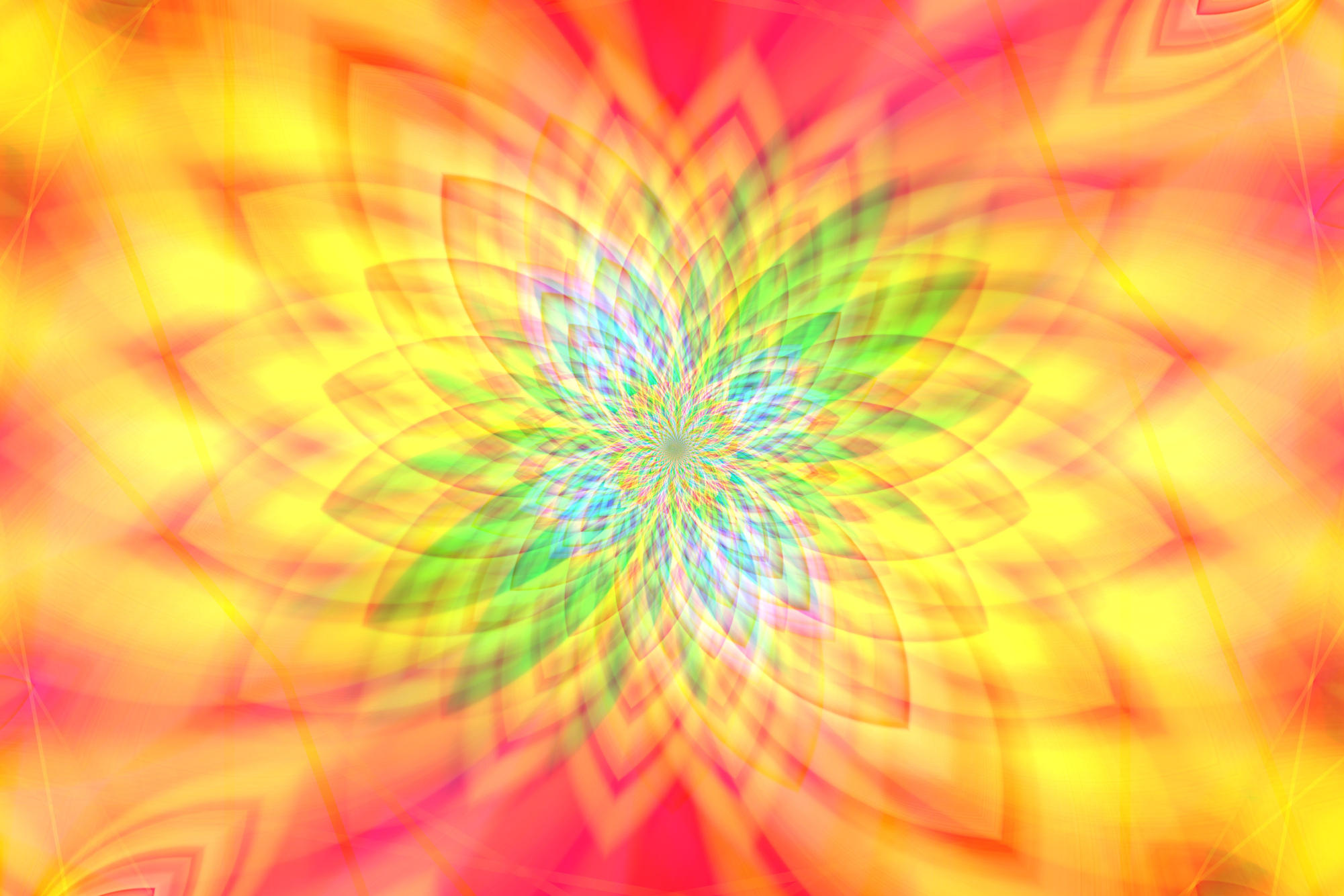


Growing up I was expected to accept things as they were. When I asked, ‘Why do I have to do it this way?’ the parental response was always, ‘Because I said so’ or ‘Because that’s how it is done’.
As an enquiring teenager I gravitated towards social justice as it opened a world of new questions and challenged the basic assumptions of how the world worked. Was it natural that so many people in the world lived in abject poverty while a handful were rich? Are people rich because people are poor?
Paolo Freire was a Brazilian educator famous for writing “Pedagogy of the Oppressed” and introducing the idea of critical consciousness to the world. In his view, critical consciousness is the mindset that views all sides of a situation to understand the ways in which the individual contributes to the problem and the solution. The premise is that we are all contributing to the world as it is, in both positive and negative ways. Unfortunately, critical consciousness has come to mean criticizing that which we see as a weakness.
The price of living in an intellectual community is scepticism.
We have been trained to develop a sharp intellect that discerns what is wrong in a situation. This type of analytical thought is considered intellectual, but it is almost always seeking to condemn. The scientific method supports critical thought by proposing a hypothesis then attempting to prove its veracity by eliminating all attempts to disprove it. This type of thinking breeds scepticism and cynicism which are companions of doubt. From this vantage point, it appears naive or unintelligent to look at situations with hope. We live in times where many views diverge about the best path forward. A lack of clarity and accountability seem contagious. What is needed now is an intellect that is able to discern, rather than condemn. An intellect that creates coherence between the inner world of values and their external expression in action. In this, integrity and personal accountability are sovereign.
This kind of an intellect could be termed as a diamond intellect. Unlike a critical intellect, a diamond intellect shines light on the beauty in every situation and fosters its growth. For that, we need faith in humanity, faith in God, and faith in positive outcomes. Learning to use my intellect like a diamond means looking for every angle of light possible in a situation. The truth is always there, if we are able to discern it. Every situation has both, positive and negative aspects, to it. When I use a diamond intellect, I am able to reflect all aspects of truth within a situation. I choose to see what is ‘right’ or beautiful in order to grow it. The positive aspect of any situation is what gives life to solutions. By choosing to grow the positive and build on truth, I give light and power to myself and any situation.
Learning the ancient meditation technique of Rajyoga from the Brahma Kumaris has refocused my intellect to see the positive and the potential in each one and each situation. Meditation has given me the tools and the power to dissolve negativity when it arises (which it does) and to redirect my thinking to the positive.
Judy Johnson coordinates the activities of the Brahma Kumaris in Atlantic Canada.